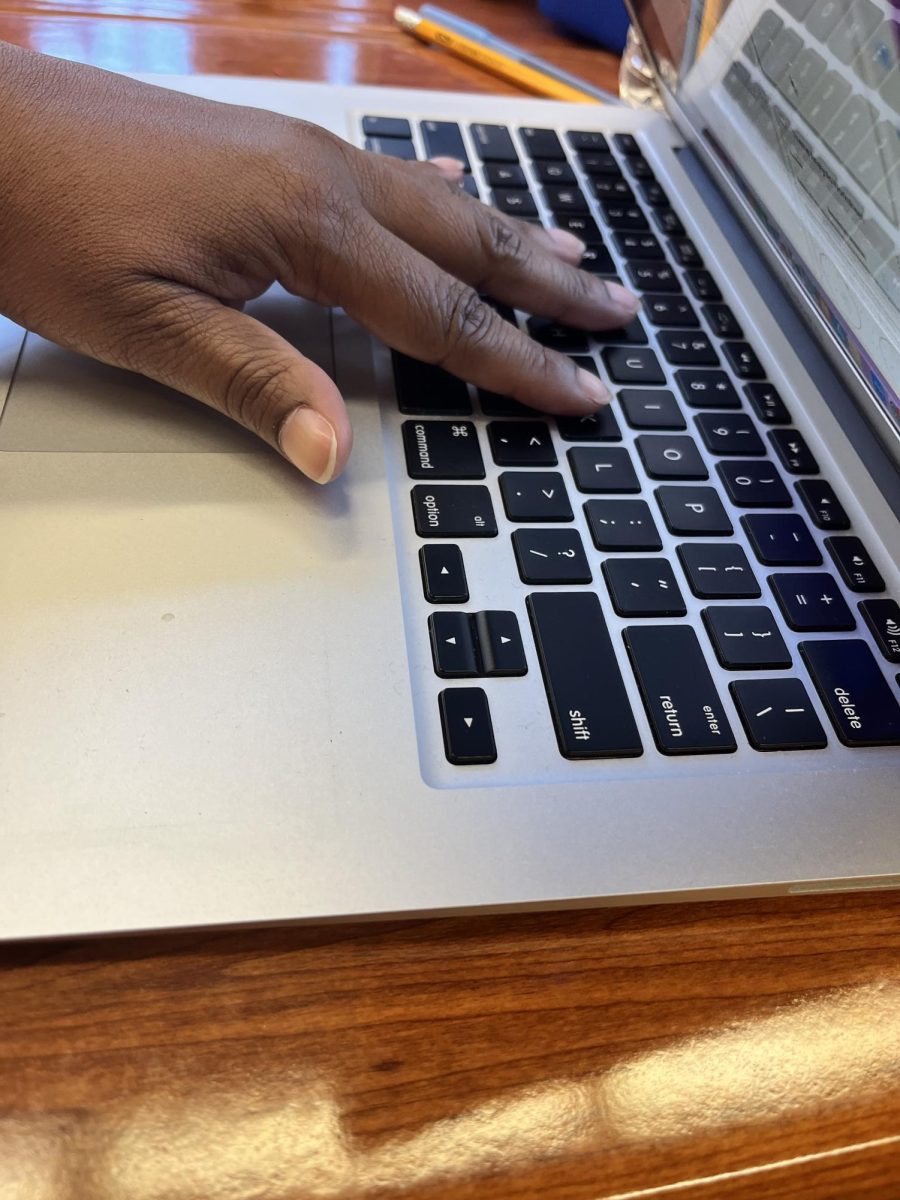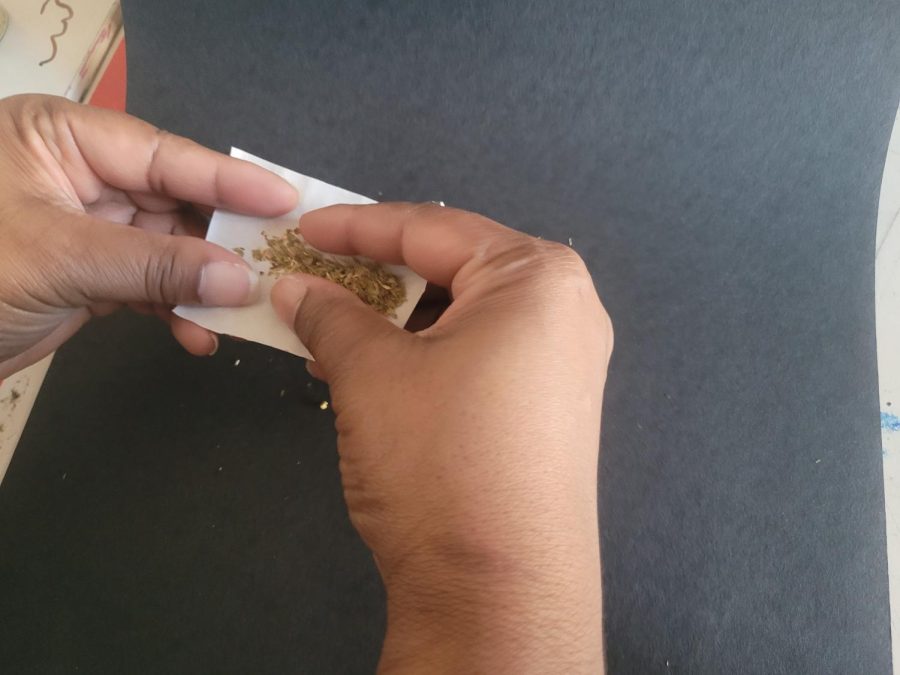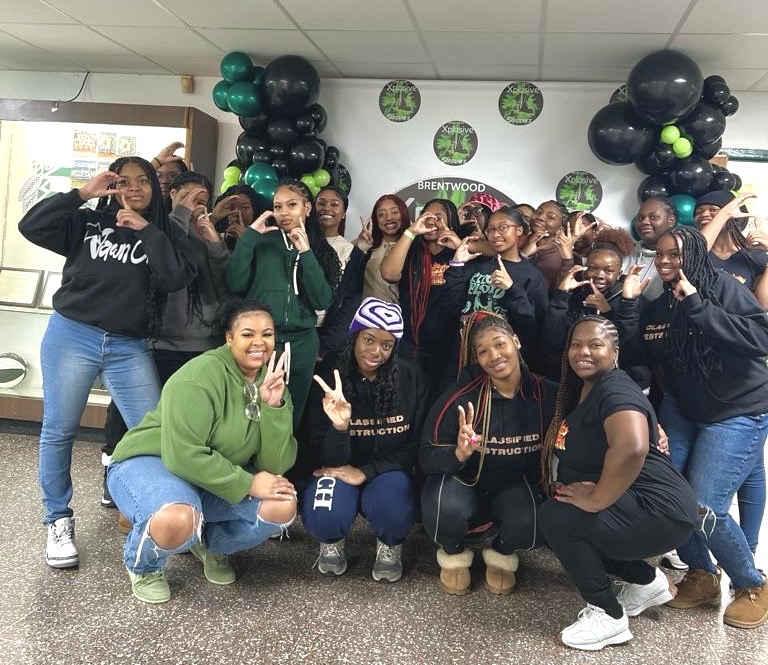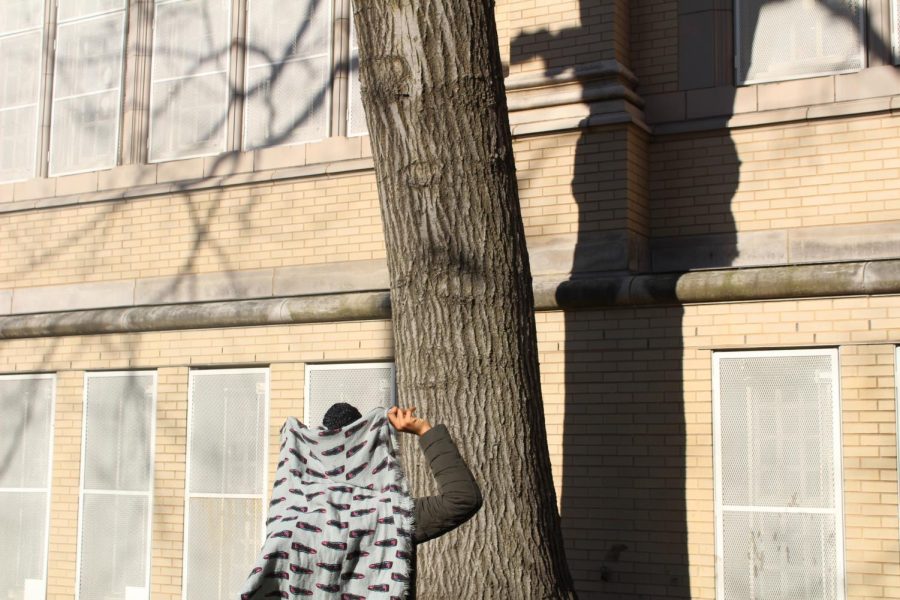Two Faces of Lying
Is it okay to lie? The question I ask myself as the topic of integrity comes up when faced with protecting myself in the midst of a dangerous situation that plays with my life, or protecting myself when caught doing something wrong like cheating on an exam. It’s a thought that I consider carefully. Just like there are two sides of a coin, there are two faces of lying.
When you hear the word lie, the words that come to mind are dishonesty and deception. Because of morality and religious beliefs lying, to some, is a sinful act. But to others it can be seen as a defense mechanism to protect themselves from harm. According to a Seattle Times article published in 2017, lying is OK in two general situations: o protect yourself or someone else from immediate danger — e.g., your friend’s abusive spouse asks if you know where your friend is — and to protect someone’s feelings. Also according to Time magazine, “researchers say there is a lot we get wrong about deception, truth-telling and trust—and that, if mastered, lying the right way can actually help build connections, trust and businesses.”
In those cases yes, it is okay to lie. But what about circumstances like lying to prevent yourself from getting caught doing something bad, like cheating? Or something like when George Santos’ integrity comes into question because it’s clear that he lied not just to one person, but a nation about his history? In those circumstances, lying can be considered wrong and deceitful.
While lying could be seen as a harmful tool, or protective gear, it is left to individuals to determine and weigh the outcome of a lie. Whether it is going against their integrity or not it is up to them to decide whether or not it is okay to lie.
In the end it all depends on the circumstances.
Your donation will support the student journalists of Institute for Health Professions @ Cambria Heights. Your contribution will allow us to purchase equipment and cover our annual website hosting costs.

My name is Moromolaoluwa Ologunleko. I’m currently a 10th grader at the Institute for Health Professions at Cambria Heights. I am also Chief...






















